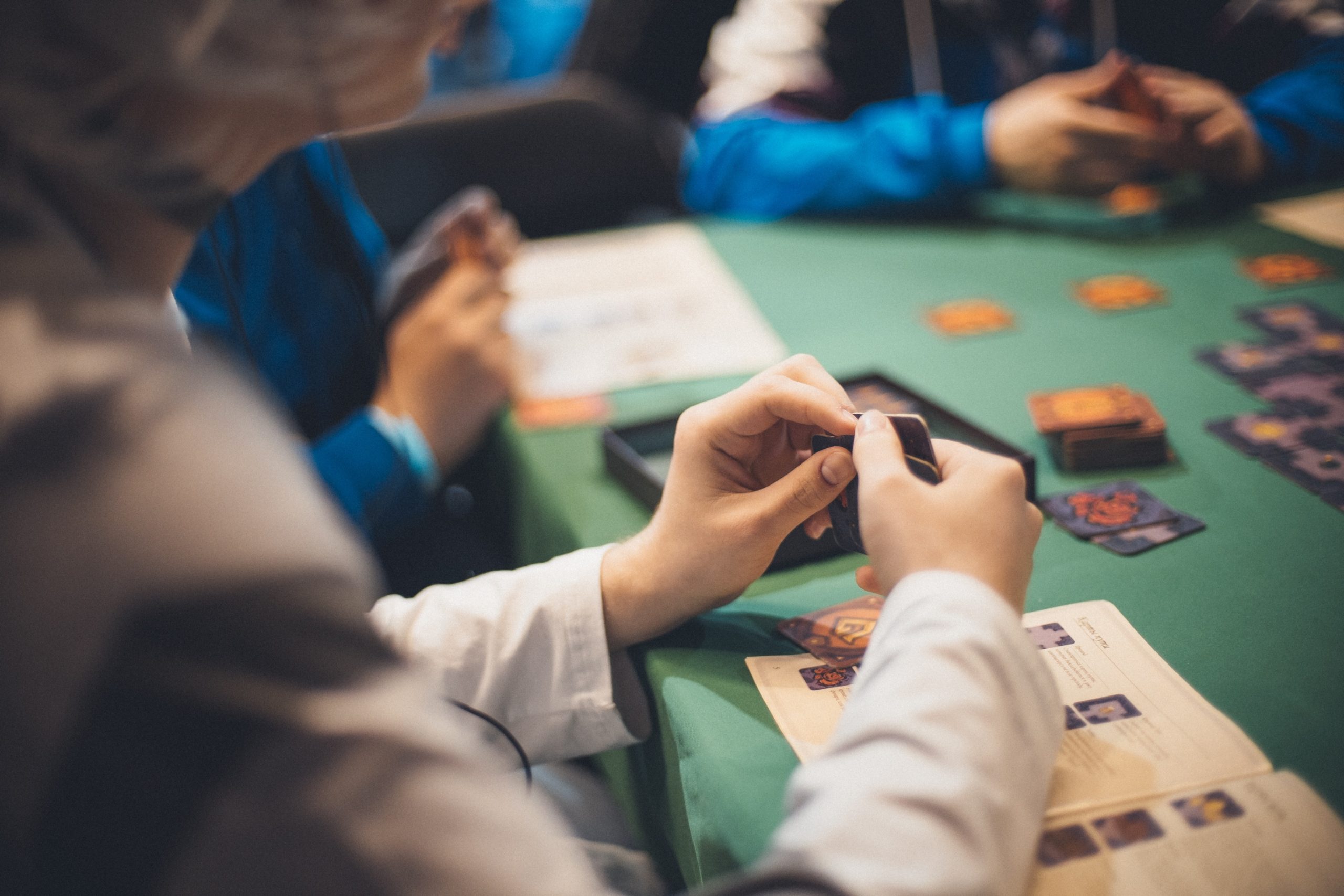How can you recognize a gambling addiction? What can you do about it and where can you get help? You can find more information here…
Gambling has been with us since childhood. Games are fun and a pleasant leisure activity for many people. Gambling is when the outcome of the game depends on chance and not on the skill of the player, and money is wagered. Examples of games of chance are lotteries, slot machines, sports betting, roulette, blackjack and poker.
There are also numerous gambling offers on the internet. Sometimes these games of chance are clearly recognizable, but sometimes such games of chance are not immediately recognizable at first glance. Practice or demo games for roulette and poker or games of chance in social networks (e.g. apps on Facebook) can also often tempt people to place money bets. Likewise, gambling can be part of computer games or game apps, e.g. a loot box with random content that is bought for money.
Gambling can become a problem
For most people, gambling is an unproblematic leisure activity. For some people, however, gambling can become a danger if they lose control over their gambling behavior. This can lead to spending more and more money on gambling and gambling increasingly often. Some people addicted to gambling gamble away all their money and run up such large debts that it is no longer possible to pay them back. Gambling becomes more and more important and increasingly dominates the whole of life. Everything else fades into the background. The frequency of gambling or the extent of money losses is usually concealed. As a result, partnerships, friendships or family relationships often break down.
When does gambling become an addiction?
If several of the following points apply to you or your friends, these can be signs of a gambling addiction:
- Thoughts revolve mainly around gambling. There is hardly any time for other activities, such as meeting friends or hobbies.
- They want to experience the “high” after winning again and again. Here, as with other addictions, a tolerance develops – the stakes become higher in order to achieve the same level of satisfaction.
- The hope of winning is so strong that losses are less noticed and more quickly repressed.
- Gambling is justified in many ways. For example, as a reward when something has gone well, as a pep talk when one is unhappy, or simply to pass the time.
- One feels restlessness and an inner urge that is difficult to resist when one cannot play for certain reasons.
- The behavior is difficult to control, even though the negative consequences (such as losing a lot of money or incurring large debts) are conscious. Attempts to gamble less fail repeatedly.
- One harms oneself and others. Harmful behaviors include losing money, getting into debt, committing illegal acts to get more money, lying to justify it, or neglecting work or people who are important to you.
Facts about addiction in general
Internet addiction, also a non-substance-based addiction
TIP:
If you recognize yourself in some of the points…
- Observe yourself for a while: In which situations do you play? How many hours a week do you play? How much money do you spend? Maybe a diary will help you to keep track.
- You can think about what you used to like to do in the situations you play in now. What helped you when you were in a bad mood, for example? Does it still help now?
- When you gamble, try to set yourself a money limit that you don’t exceed.
- If you go to a casino, it can help to take a certain amount of money with you, but leave your ATM card at home for further withdrawals.
- Gambling at slot machines or in a casino is experienced with all the senses – the sounds, the colorful, flashing lights and the smell. Former gambling addicts get a strong urge to gamble again with these stimuli, even if they are only accompanying someone who is gambling. The long-term goal is to strictly avoid casinos, slot machines and co. in order not to be seduced. There is also the possibility of being barred from casinos.
- Many counseling centers support you in dealing with addiction. You can ask us to pass on contact points to you.
Support through the PlayOff App
The free PlayOff app can be a support if you want to stop or control gambling. The app is based on behavioral therapy methods, but it is not a substitute for therapy if you need intensive support because of your gambling. For example, the PlayOff app helps you to understand the reasons for your gambling, enables you to set goals and control your gambling behavior, and gives you tips on how to change and organize your everyday life in a satisfactory way.
Youth protection regulations on gambling
If you are under 18 years of age, you are not allowed to participate in games of chance and you are also not allowed to stay in places of gambling (arcades, casinos, betting shops). Gambling on the internet and money betting are also prohibited until you are 18. Scratch cards, lotto, Toto or similar games of chance offered in tobacconists are allowed from your 16th birthday.
Where can I get help for gambling addiction?
Those affected can get counseling, support or therapy at the Counseling centers and support services for gambling addiction in your country.
Here are some of counseling centers and support services for gambling addiction that can be found in Africa:
